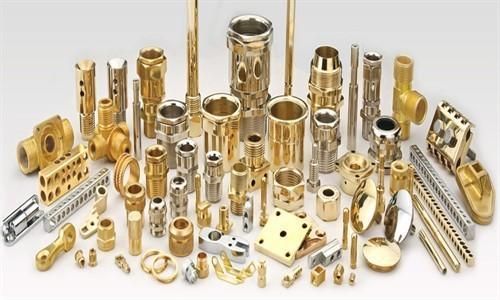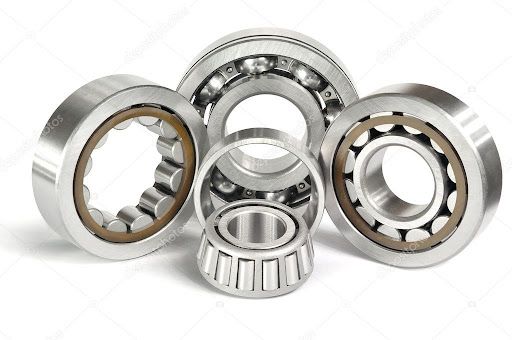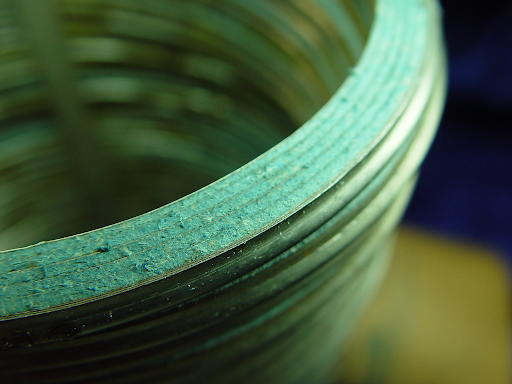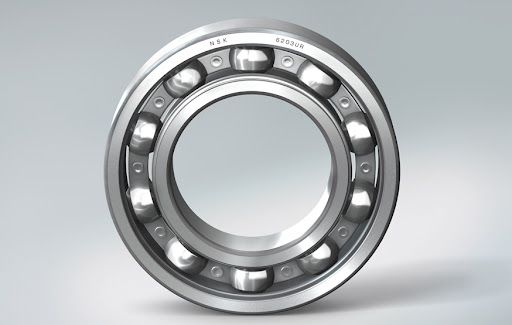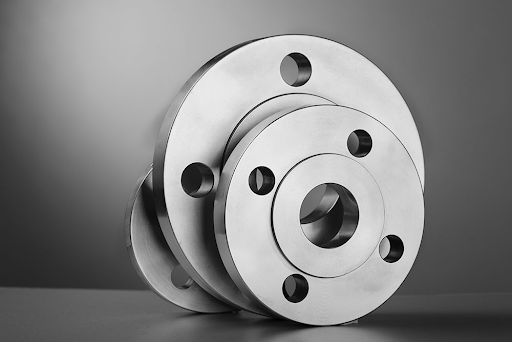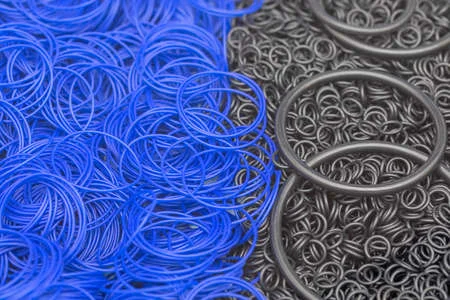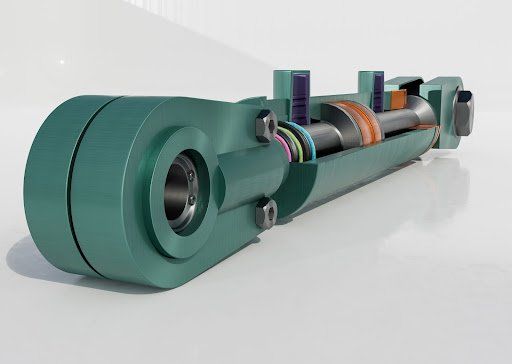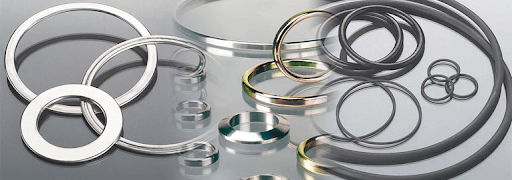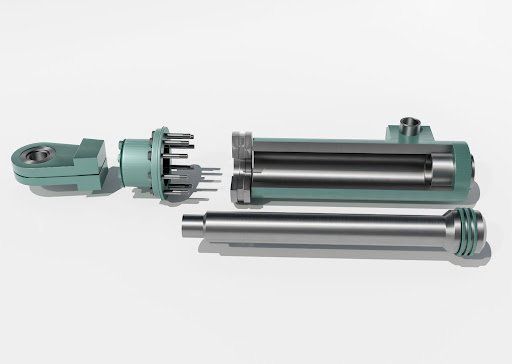What You Should Know About Wheel Bearings
What You Should Know About Wheel Bearings
Why are wheel bearings so important? The simple answer is that they quite literally keep the wheels attached to your vehicle. When you consider the alternative, it suddenly becomes clear that we should all know a lot more about these often overlooked but vital components in our vehicles; how they function and, most importantly, how to prevent them from failing.
Whether you use an aircraft, car, truck, motorbike, or bicycle for transport, wheel bearings are the important parts that keep you moving safely and smoothly. So how do they do this? Wheel bearings, usually made from high-quality steel, have two important roles to play. The first is allowing the wheels on your vehicle to rotate freely with minimal friction, and the second is to support the weight of your vehicle over the many thousands of kilometres you may travel.
How do they work? A wheel bearing is a set of small metal balls that are held together and roll between two smooth metal rings called a ‘race’. With the help of grease or lubricant, the bearings rotate in relation to the wheel’s rotation, allowing them to spin very fast with as little friction as possible. On a car, the wheel bearing fits tightly inside a metal casing called a ‘hub’, in the centre of the wheel. The hub holds the lug bolts that are used to bolt the tyre onto the wheel.
Most wheel bearings are made from hardened steel and are designed to last for 160 000km or more if they're maintained correctly. As with any type of bearing under constant stress, they do eventually wear out, particularly if the seal on the bearing is damaged or worn. For a wheel bearing, the most dangerous contaminants are water and heat. Heat, from a lack of lubrication and intense friction, can quickly destroy a bearing and if water penetrates the bearing seal, the corrosion it causes will also do unrepairable damage.
So, how do you know if your wheel bearings are threatening to fail or need to be replaced? In a recent blog post we covered a few helpful tips that will get you up to speed on the signs of a bad wheel bearing. Otherwise, you can always give the Bearing Centre team a call. We will be happy to assist you with any queries you might have regarding your wheel bearings.

